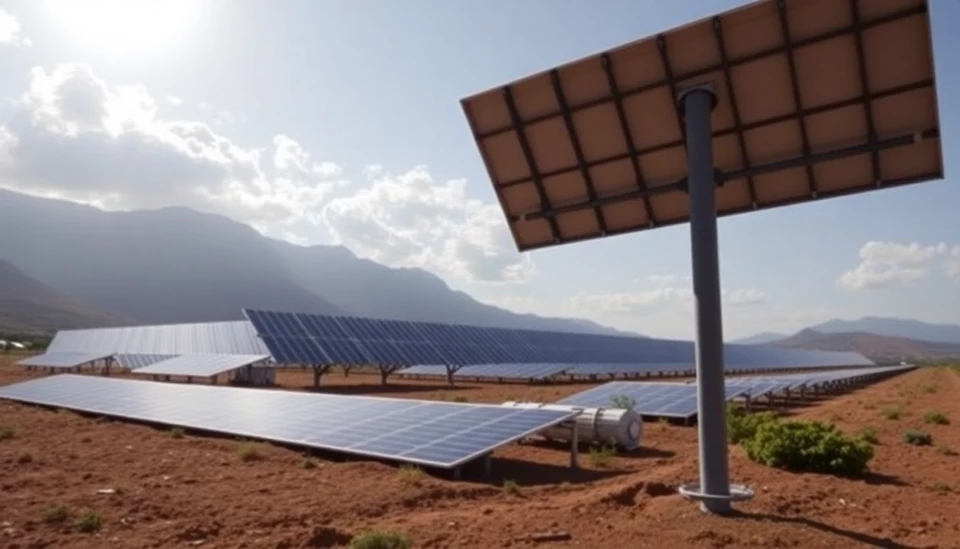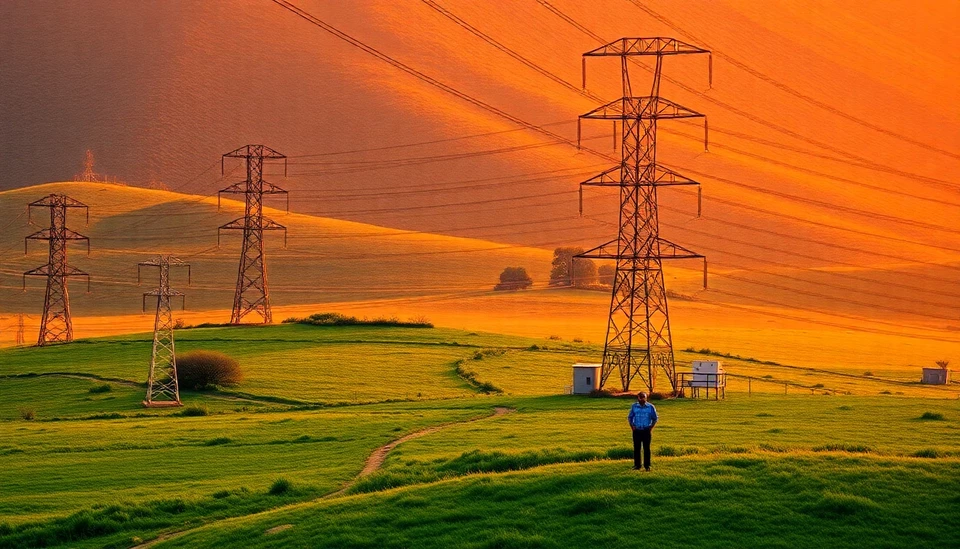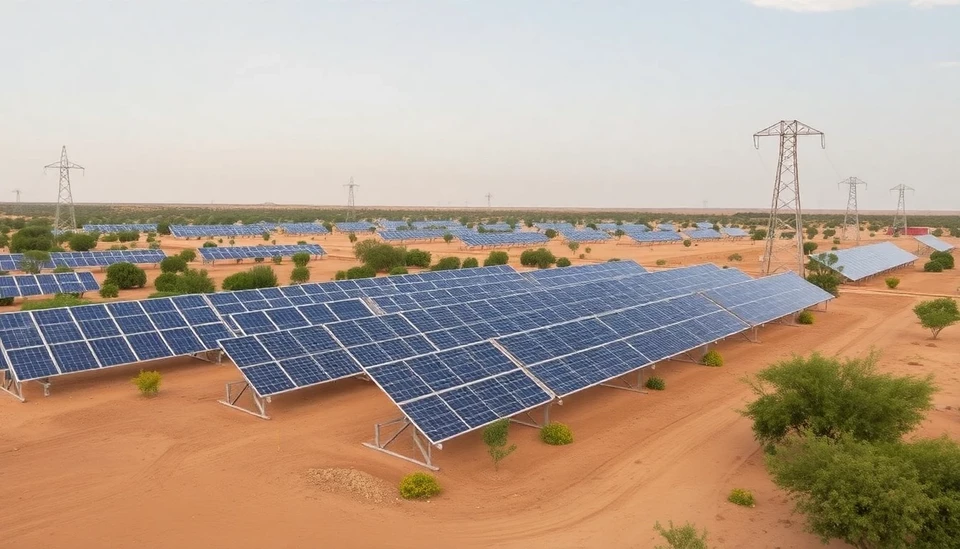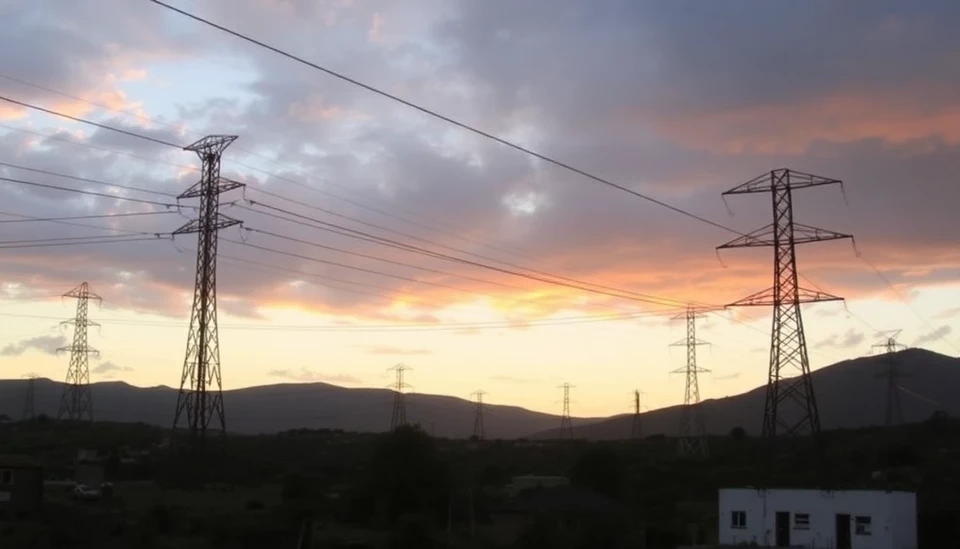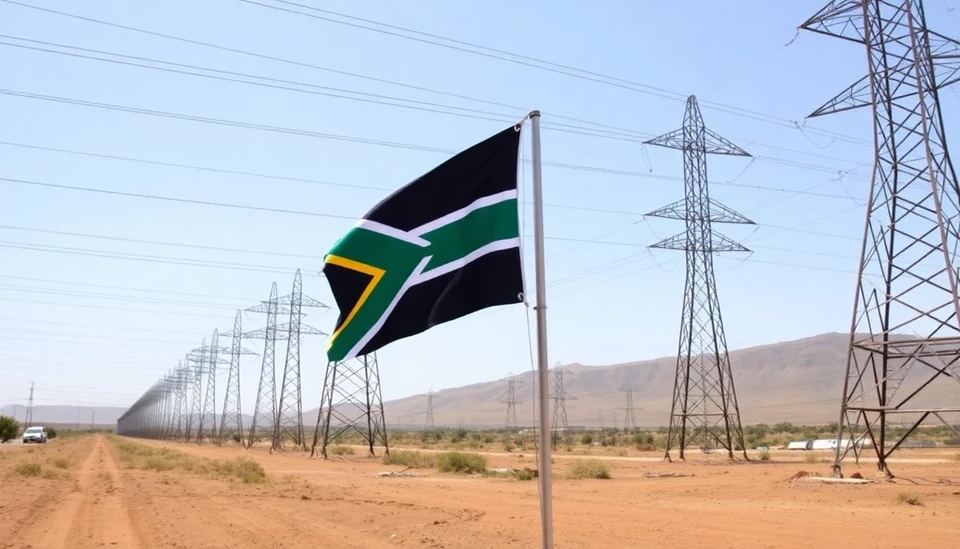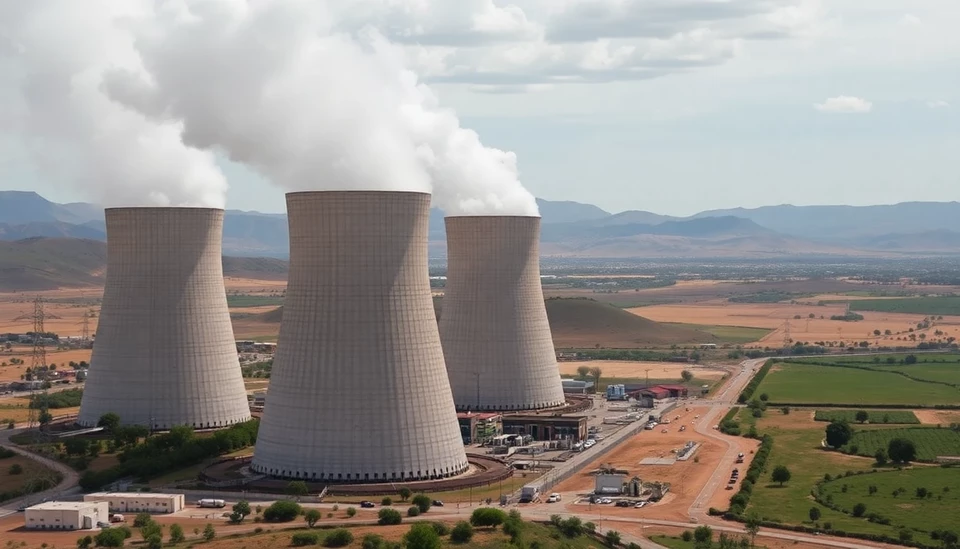
In a controversial decision, South Africa's struggling state-owned power utility, Eskom, has been authorized to exceed its environmental compliance limits. This notable regulatory change comes as the nation grapples with severe energy shortages and crippling blackouts that have intensified over the past several years. The new ruling, ignited by emergency protocols, permits Eskom to operate its coal-fired power plants beyond the established emission thresholds, a move that has raised eyebrows among environmentalists and health advocates.
This regulatory adjustment has come at a time when Eskom is under immense pressure to stabilize South Africa’s beleaguered power supply. The company has faced repeated failures, leading to rolling blackouts that have essentially paralyzed day-to-day life in many parts of the country and hindered economic growth. According to Eskom, the decision to temporarily relax air quality regulations is aimed at maintaining energy production levels, ensuring that South African households and businesses have a consistent power supply.
Environmental groups have reacted strongly against the decision, voicing concerns that this move not only compromises environmental integrity but also jeopardizes public health. By permitting higher emissions of pollutants, critics argue that the health of communities living nearby will be placed in further jeopardy, particularly in terms of respiratory and cardiovascular complications linked to coal plant emissions.
The situation has sparked significant debate within the South African government, as officials must balance the urgent need for electricity against the long-term goals of reducing greenhouse gas emissions. The interim measure has been defended by government officials as a necessary evil under the current circumstances, but many remain skeptical of the broader implications for climate policy and public health.
Eskom's challenges are deeply rooted in its aging infrastructure, operational inefficiencies, and financial woes, which have accumulated over decades. The power utility has become notorious for its inability to meet electricity demand, leading to a loss of investor confidence and increasing criticism from nearly every sector of society. This reliance on coal—an energy source that is becoming increasingly controversial due to its environmental impact—continues to hinder Eskom's transition towards more sustainable energy solutions.
As the global energy landscape shifts towards greener alternatives, Eskom’s reliance on coal-fired plants highlights a critical gap between South Africa’s energy requirements and its climate commitments. The government's conflicting priorities of immediate energy needs against long-term environmental sustainability will likely remain a contentious issue as the nation seeks paths to both improve power availability and reduce carbon emissions.
South Africa's situation serves as a stark reminder that while energy shortages can lead to short-term policy shifts, the implications of such decisions may have lasting effects on both the environment and public health. The implication of Eskom’s expanded operational latitude raises crucial questions about the sustainability of the country's energy future and the integrity of its ecological commitments.
With mounting pressure on Eskom to deliver reliable power, the quest for a more resilient and sustainable energy model continues. Activists and experts alike are calling for urgent investments in renewable energy sources to help alleviate the burden on coal and provide a cleaner, more reliable future for South Africa’s power supply.
As the nation navigates these turbulent times, the balance between energy production and environmental responsibility remains precarious, underscoring the complex challenges South Africa faces in securing its energy future.
#Eskom #SouthAfrica #EnergyCrisis #Emissions #CoalPower #ClimateChange #PublicHealth #SustainableEnergy #EnvironmentalPolicy #Blackouts
Author: Sophie Bennett
